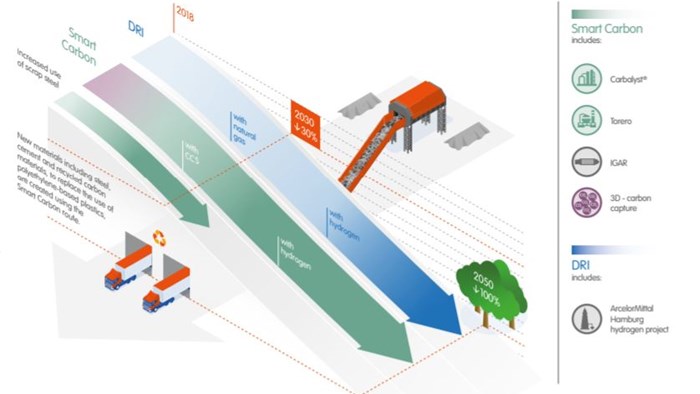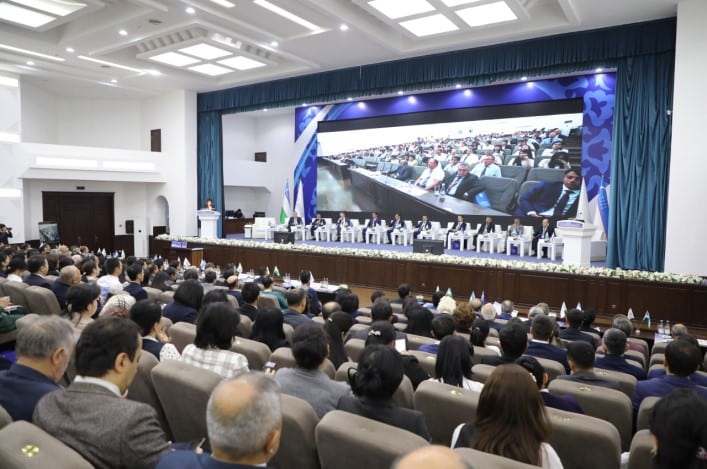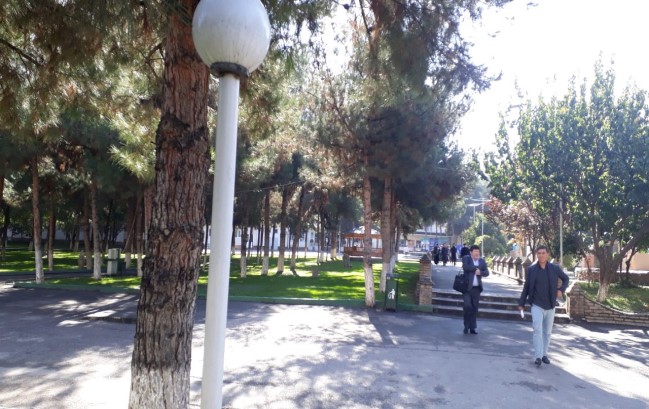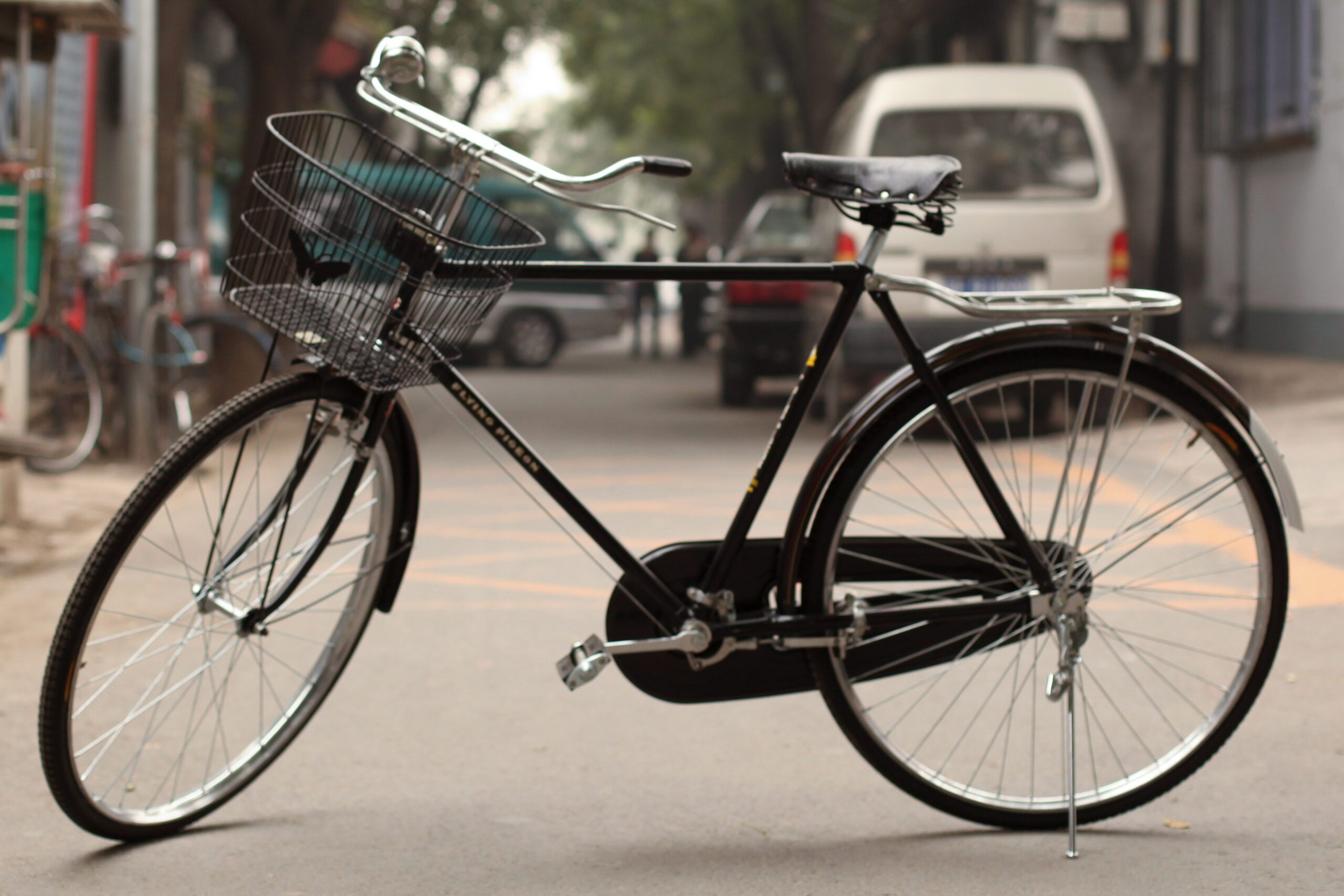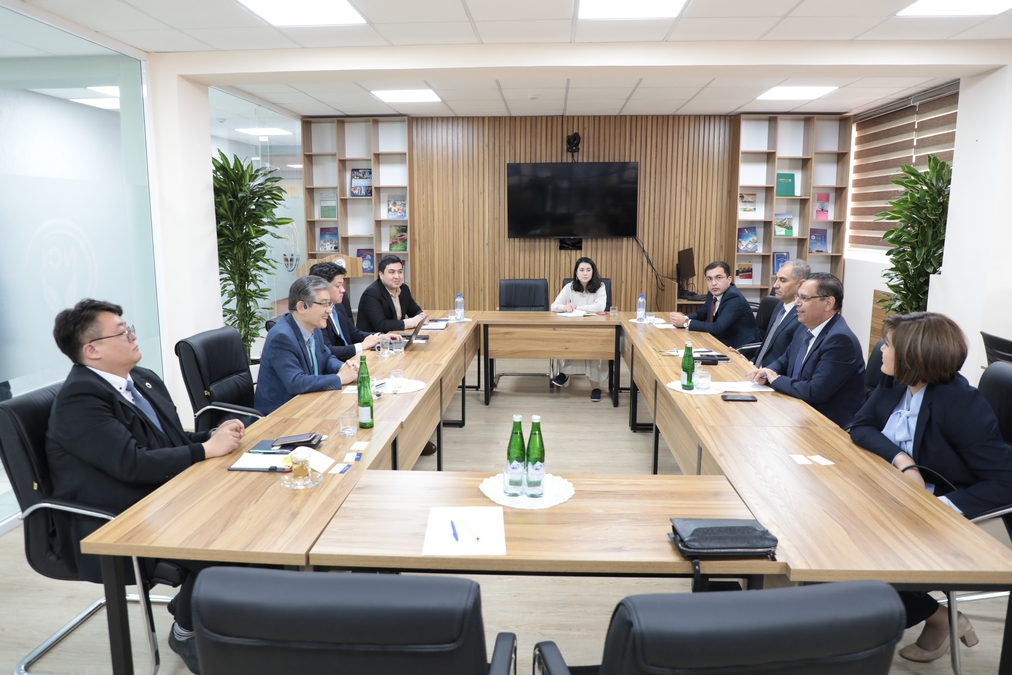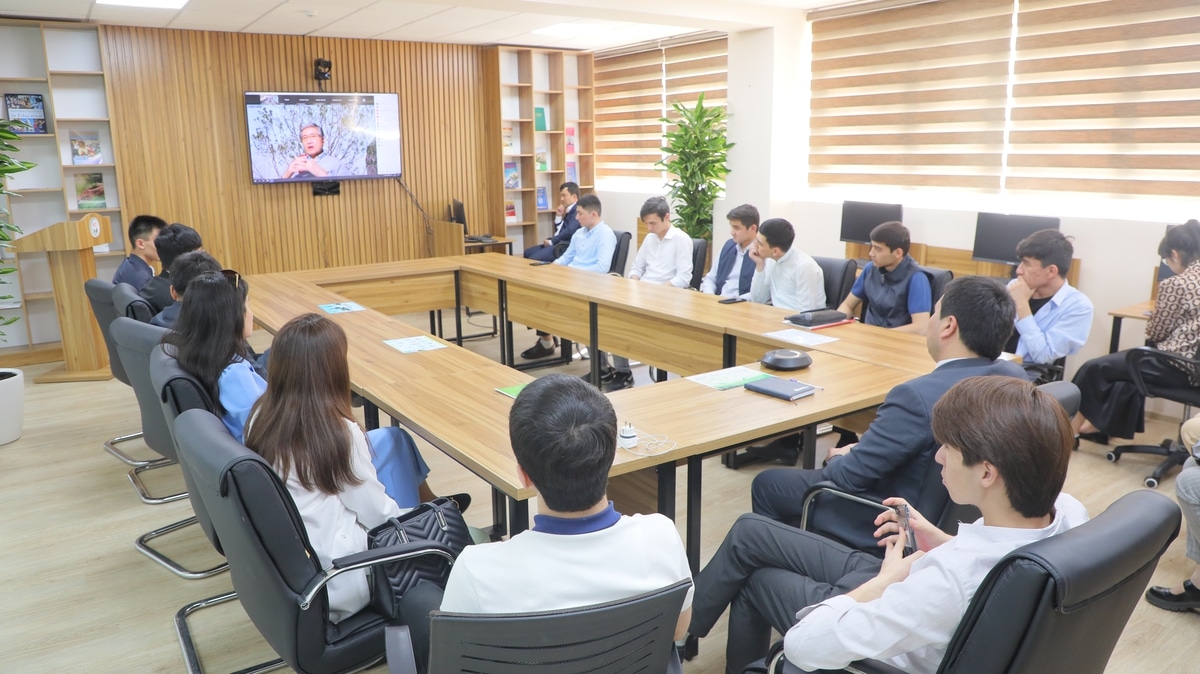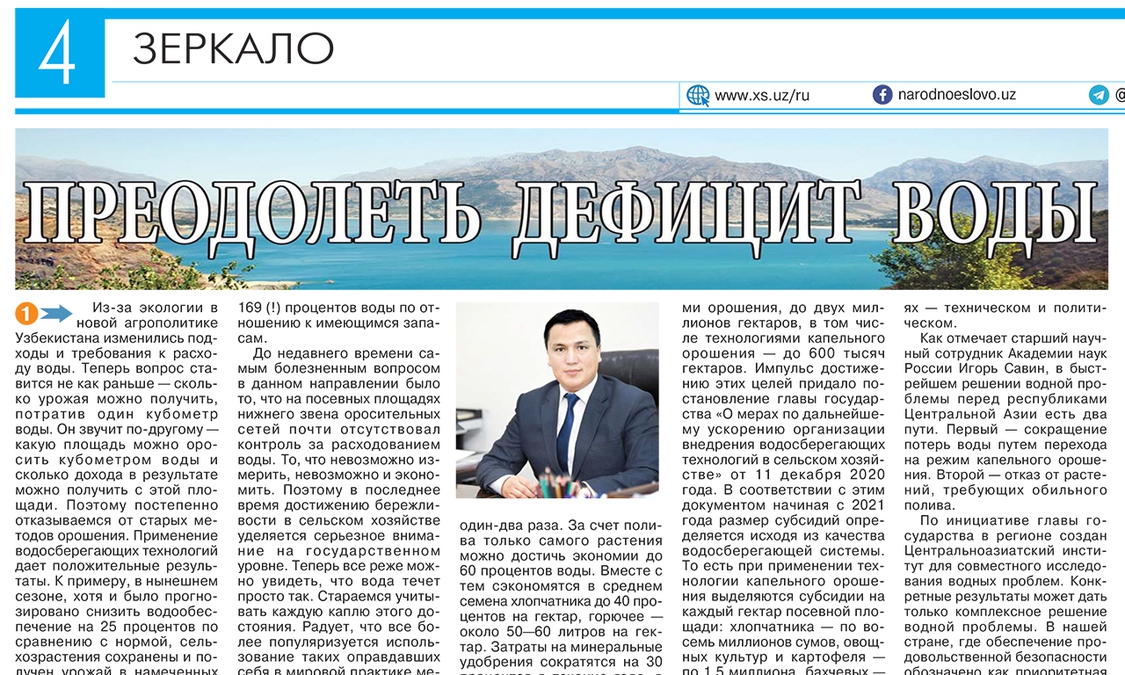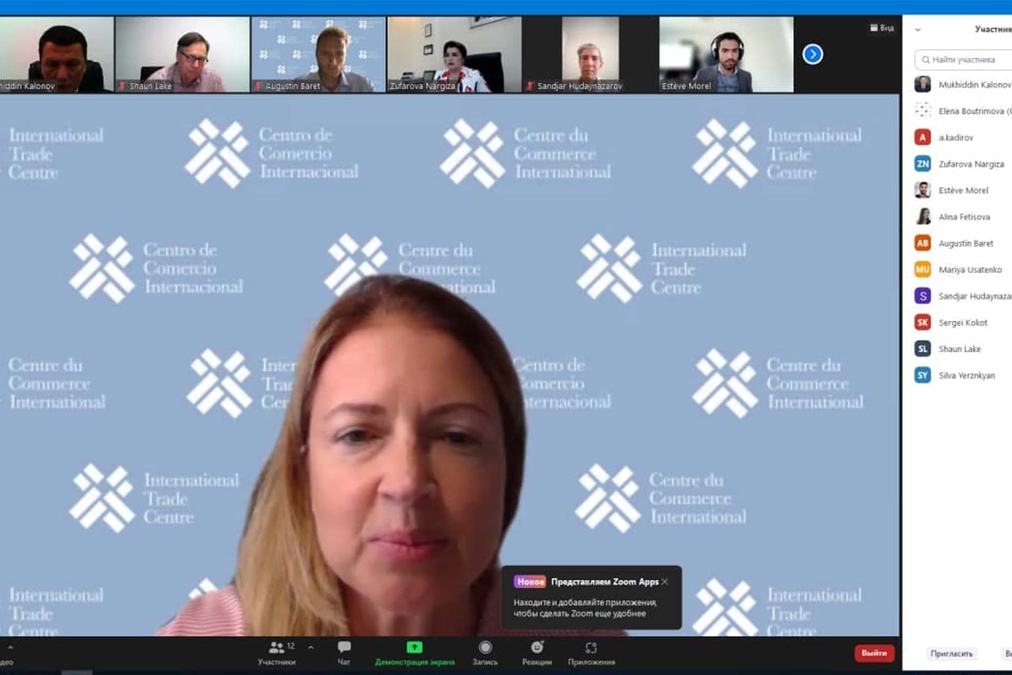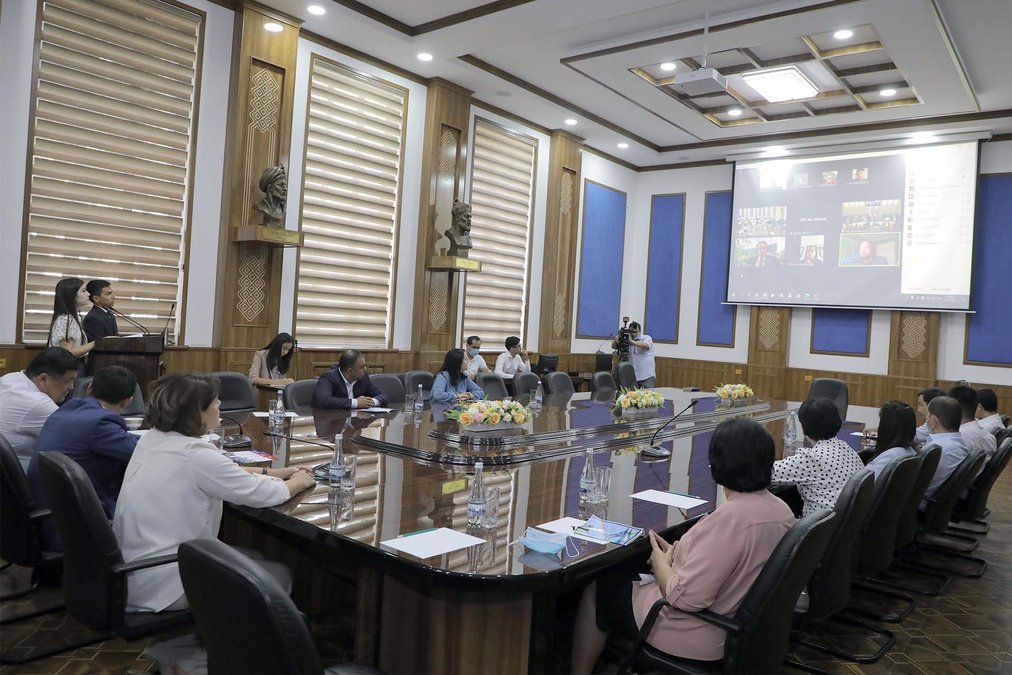- Home
- About
- Alumni
- News & Updates
- SDGs
- SDG 1 – No Poverty
- SDG 2- Zero Hunger
- SDG 3 – Good Health and Well-Being
- SDG 4 – Quality Education
- SDG 5 – Gender Equality
- SDG 6 – Clean Water and Sanitation
- SDG 7 – Affordable and Clean Energy
- SDG 8 – Decent Work and Economic Growth
- SDG 9 – Industry, Innovation, and Infrastructure
- SDG 10 – Reduced Inequality
- SDG 11 – Sustainable Cities and Communities
- SDG 12 – Responsible Consumption and Production
- SDG 13 – Climate Action
- SDG 14 – Life Below Water
- SDG 15 – Life on Land
- SDG 16 – Peace, Justice, and Strong Institutions
- SDG 17 – Partnerships for the Goals
- Policies


